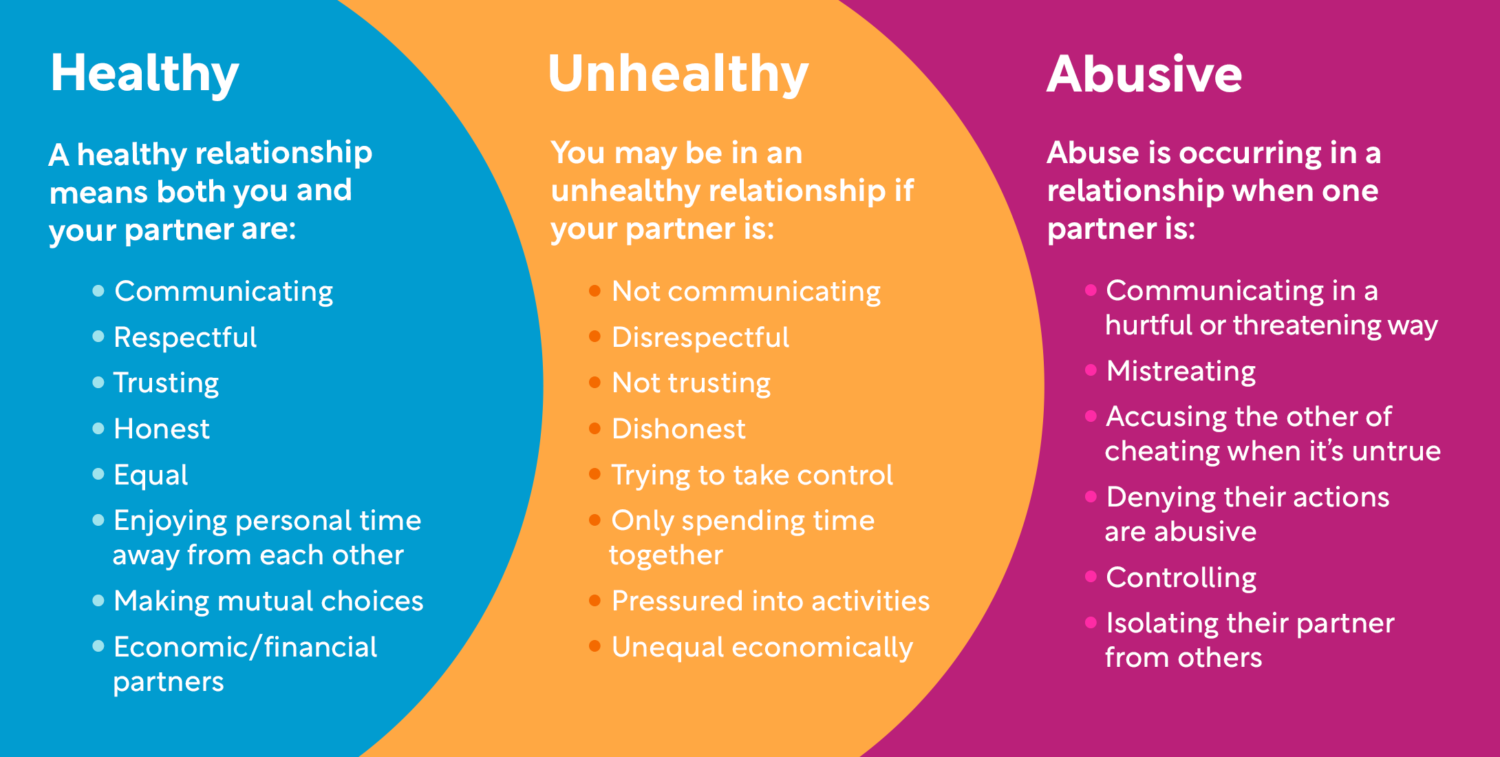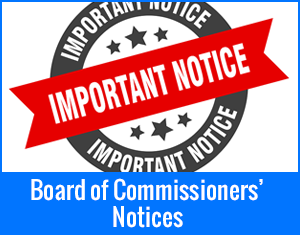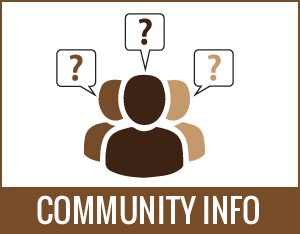
- By Todd Luck
- Posted Friday, February 4, 2022
February is Teen Dating Violence and Awareness Month
News Story Text: February is Teen Dating Violence and Awareness Month, which brings awareness to teen dating violence. One in three teens in the US will experience physical, sexual, or emotional abuse from someone they’re in a relationship with before they become adults.
There are many examples of different types of unhealthy teen relationships. Katrina’s first boyfriend exhibited increasingly controlling behaviors during her freshman year in high school. She didn’t recognize in the beginning that excessive phone calls and texts, keeping her from activities with friends, and other controlling behaviors were red flags of dating abuse.
“When I look back at my fourteen-year- old self, now at thirty-one, I was clueless about what I thought was attention, was really over-the-top. There wasn’t any physical abuse, or threats, but unwillingness to ‘let go’ during the break-up,” says Katrina, now a successful entrepreneur, college graduate, and graduate student. After a teacher had a conversation with Katrina, she was able to confront the reality of what was happening and disclosed to her mother.
It's common that people dating, regardless of age, don’t know the essentials of a healthy relationship or red flags of an abusive one.
“We need to do a better job of having courageous conversations with our children prior to dating, and with each other, about what healthy relationships look like. At the same time, we need to raise awareness of red flags and how to navigate next steps if there are controlling and abusive behaviors from the other partner,” says DeWanna Hamlin, Director of Bridges to Hope Family Justice Center.
Instead, we may rely on our own family models, social media, or our peers for information that is often inaccurate. While no two relationships are identical, different people may define relationships in different ways. All relationships exist on a spectrum from healthy to abusive, with unhealthy relationships somewhere in the middle.

The most dangerous time for any abusive relationship is when the victim is planning to leave or break-up, or at the time of the break-up. More victims and children are murdered during this time than at any other point in the relationship.
“It’s important for the partner experiencing the abuse to have a safety plan and resources if things don’t go as planned. In addition, teens often have the same social circles at school, activities, athletics, and can find it difficult to disconnect from relationships,” says Hamlin.
Physical, emotional, and mental safety are important. A safety plan is a personalized, practical plan to improve safety while experiencing abuse, preparing to leave an abusive situation, or after you leave. Your plan might include having a safe person to tell, coping techniques, and other helpful resources.
Bridges to Hope Family Justice Center can connect you to local service providers to create a safety plan.
For parents and adults mentoring and working with youth, it’s vital to notice changes in behavior of those they serve and have those courageous conversations with youth exhibiting abusive tendencies and experiencing harm.
Bridges to Hope Family Justice Center is located at 725 N. Highland Avenue, Annex 1, Winston-Salem, NC.
Phone: (336) 776-3255
Web: https://forsyth.cc/ffjc






